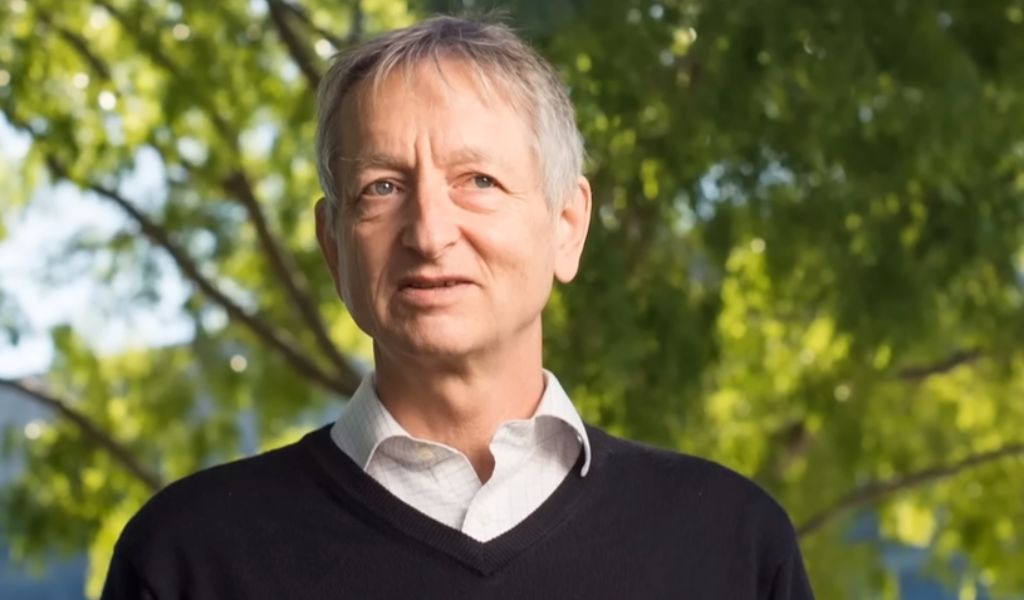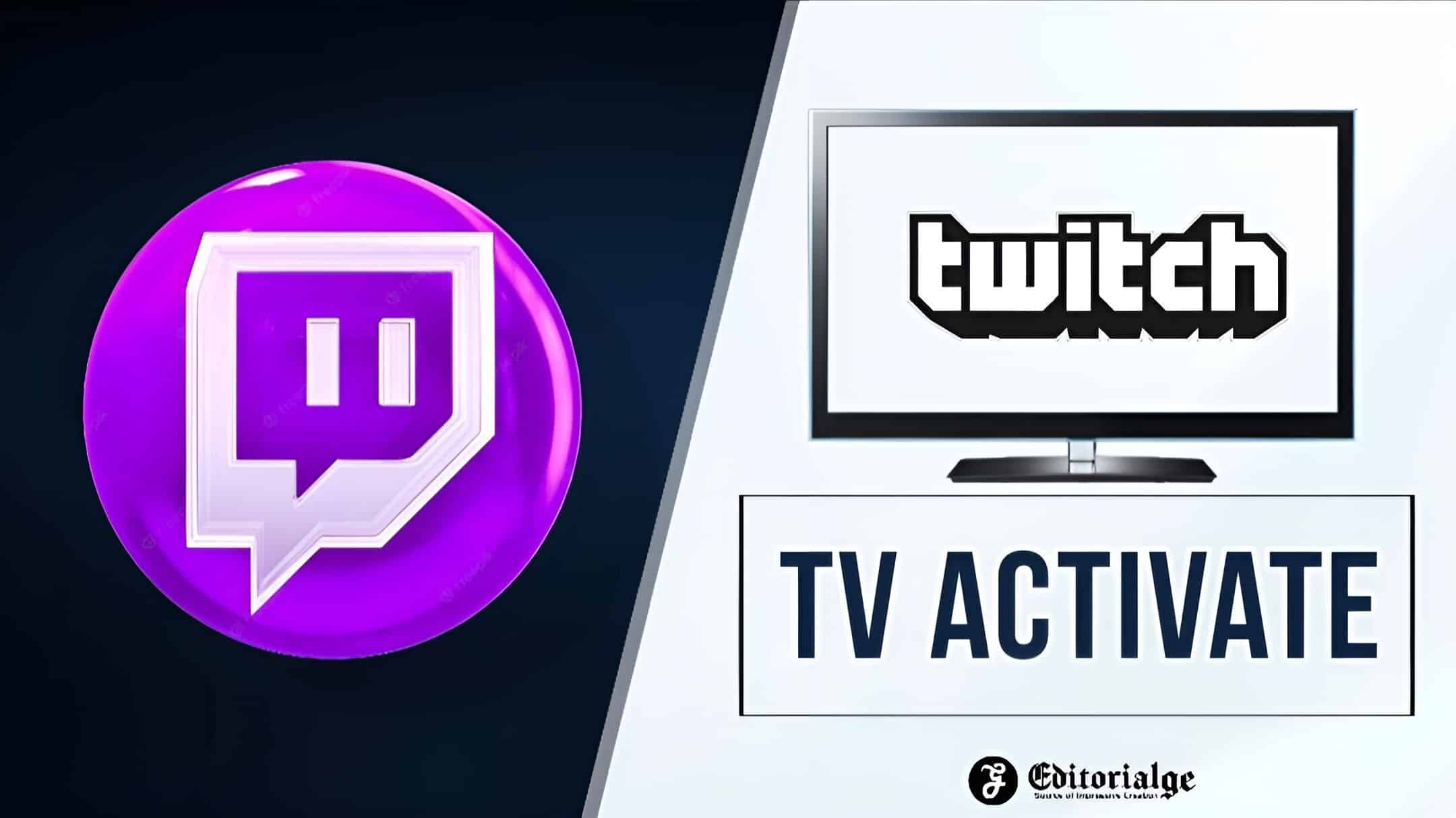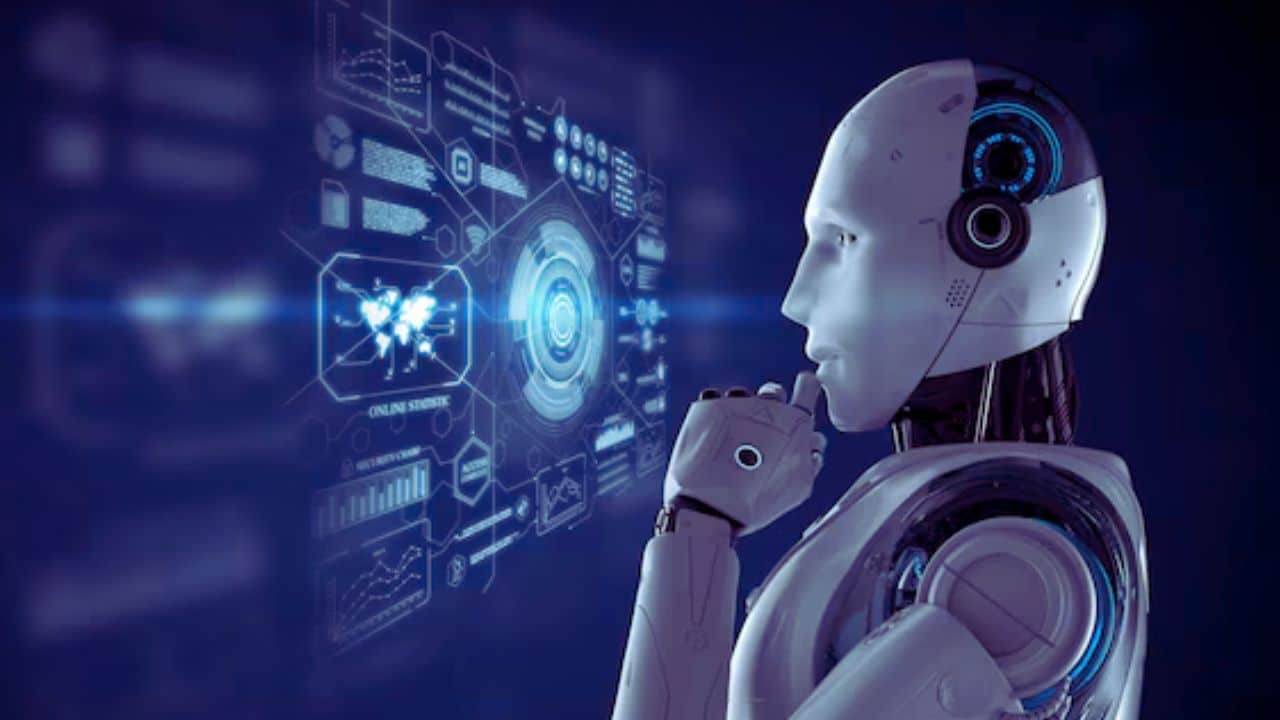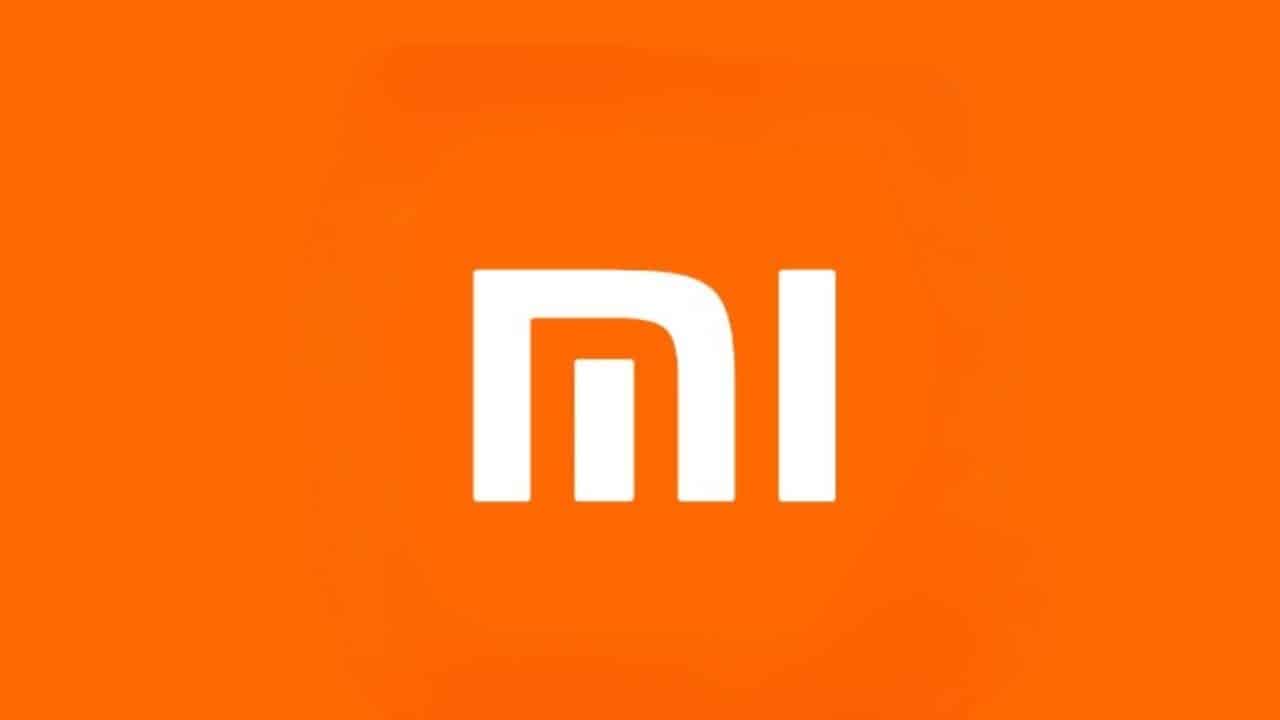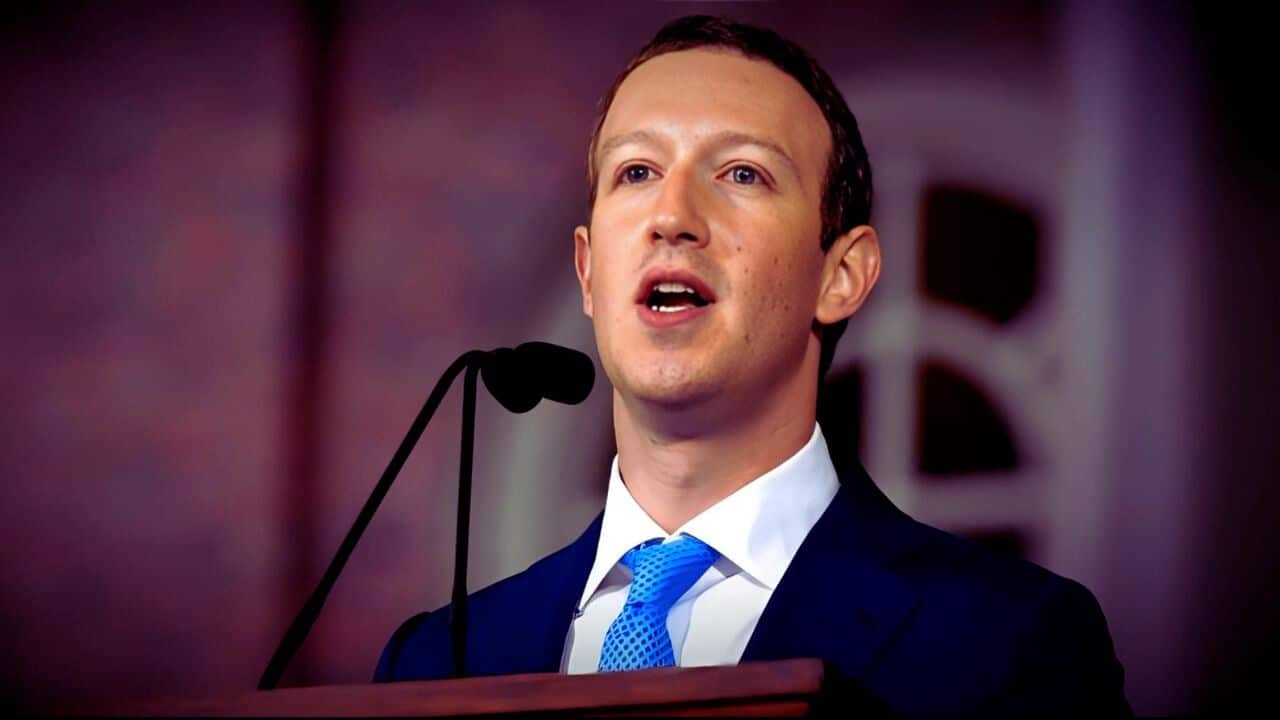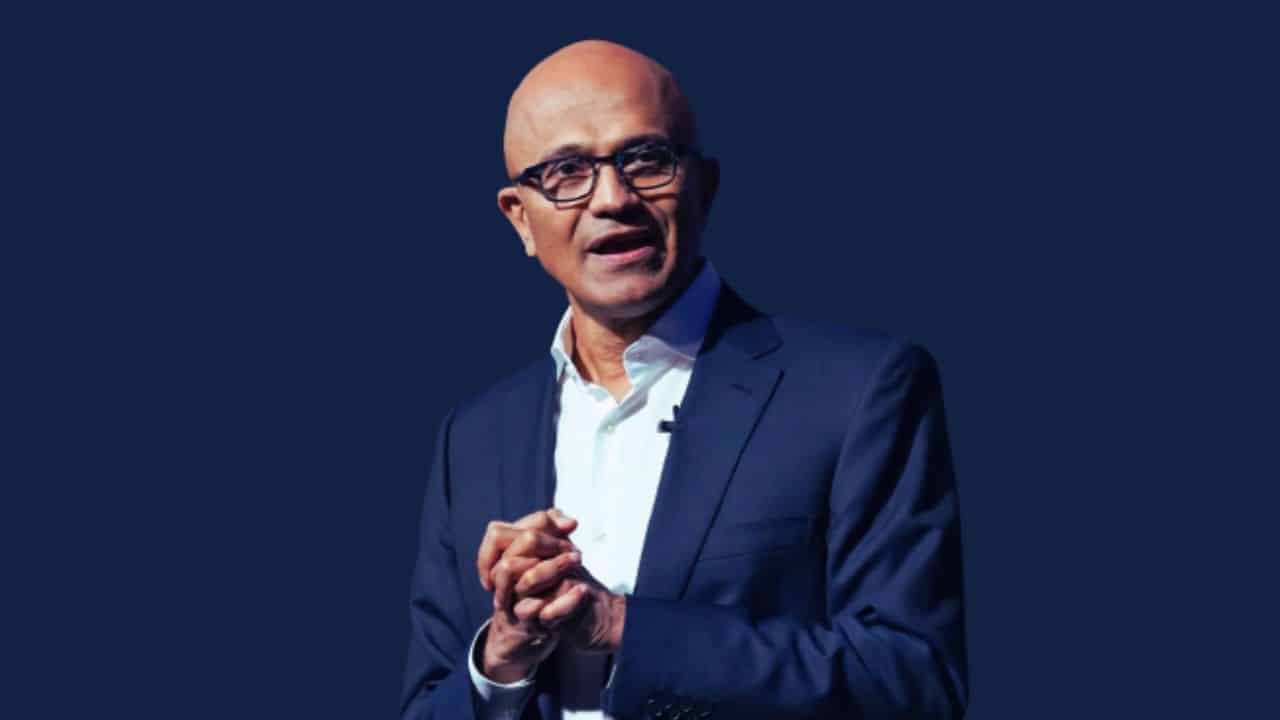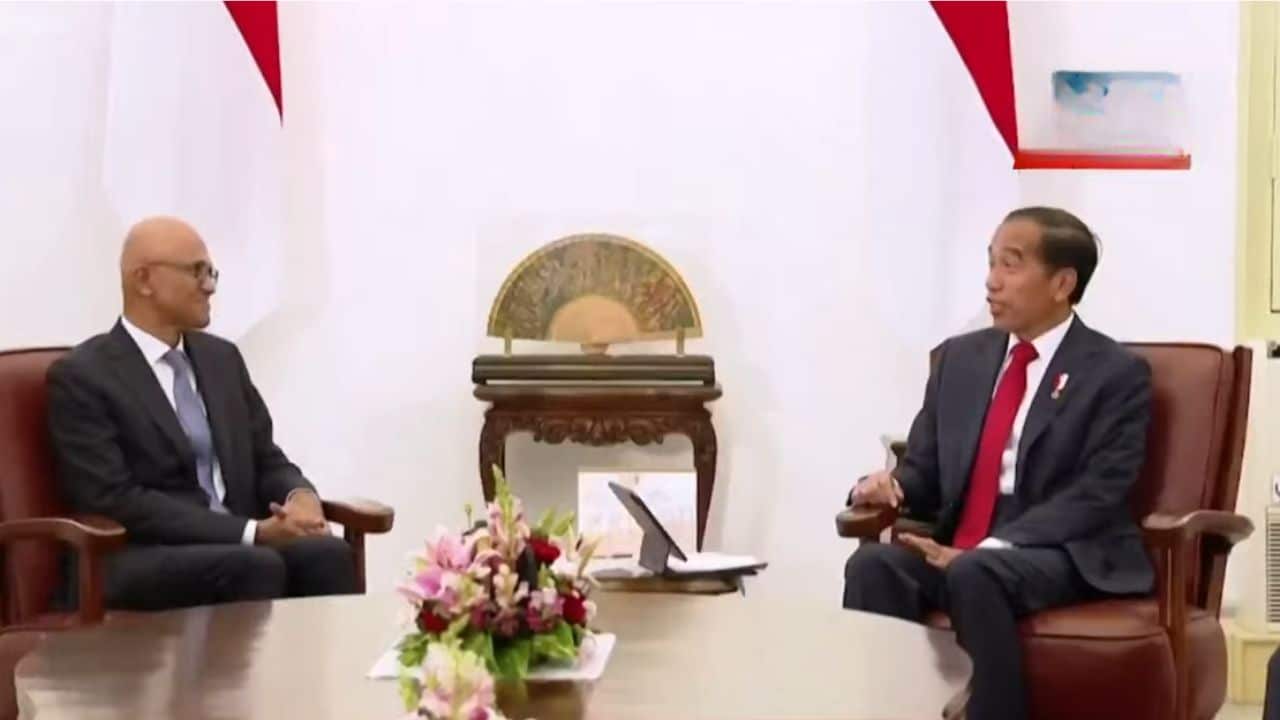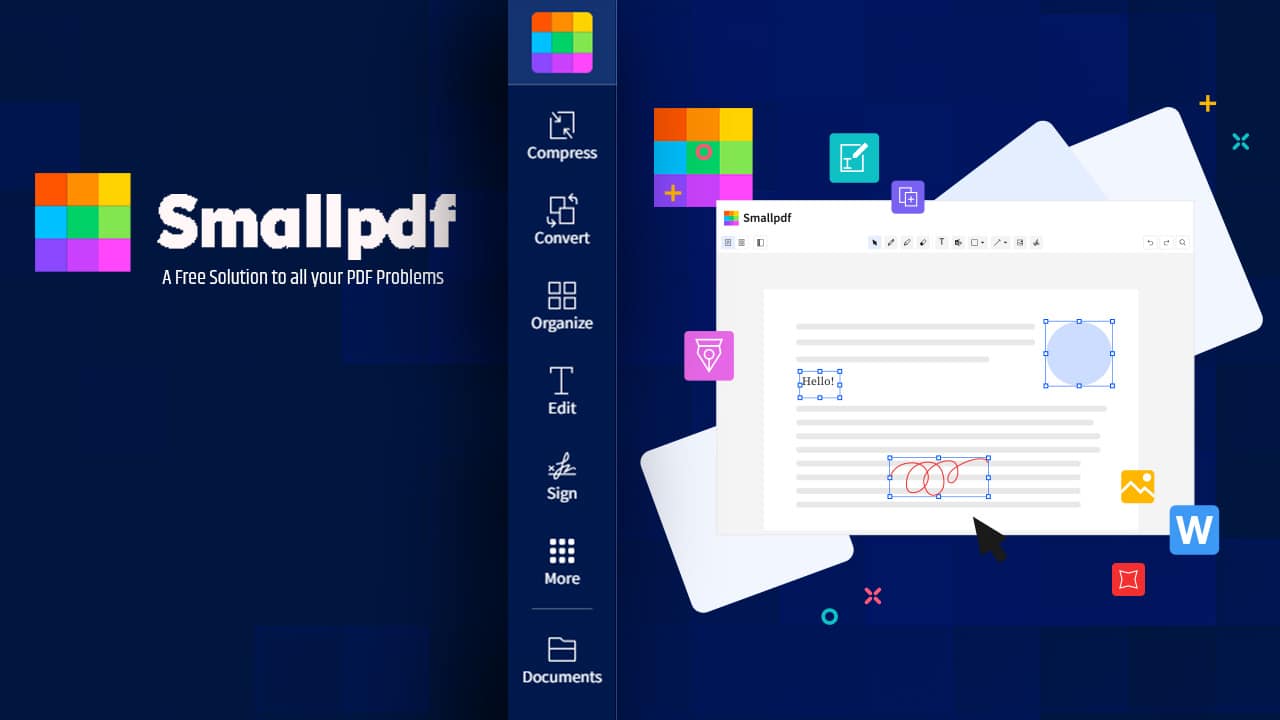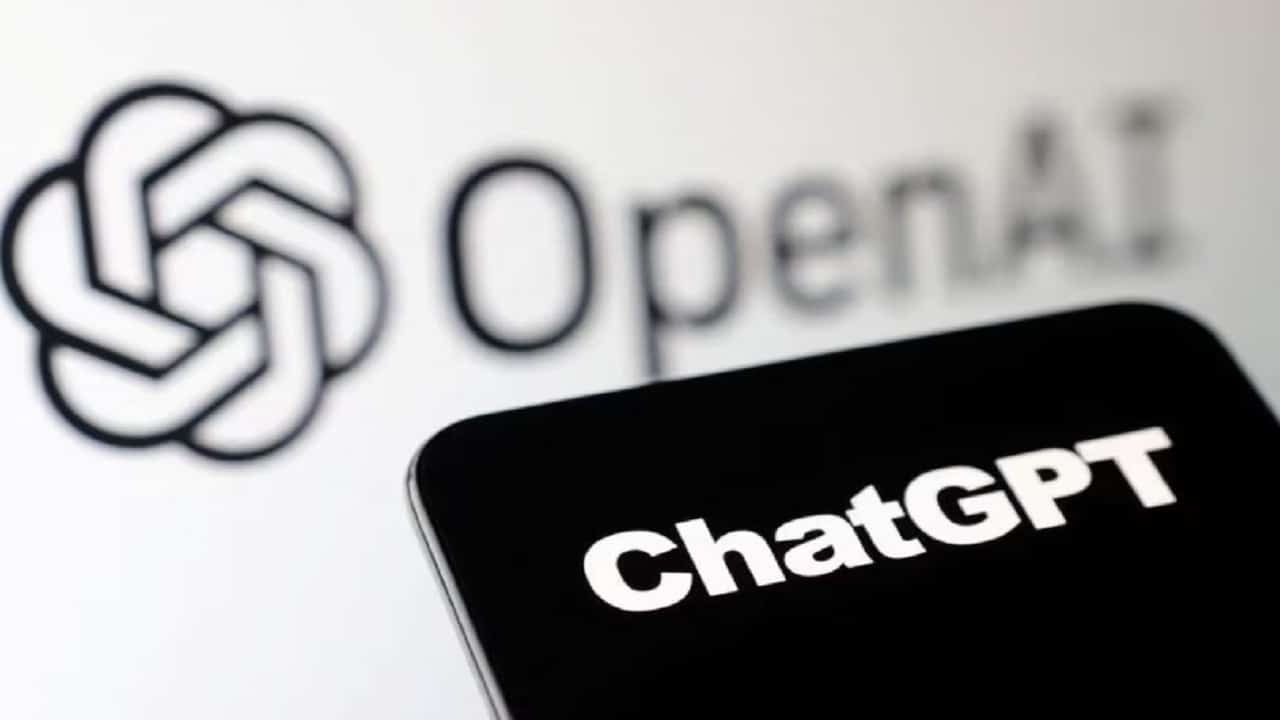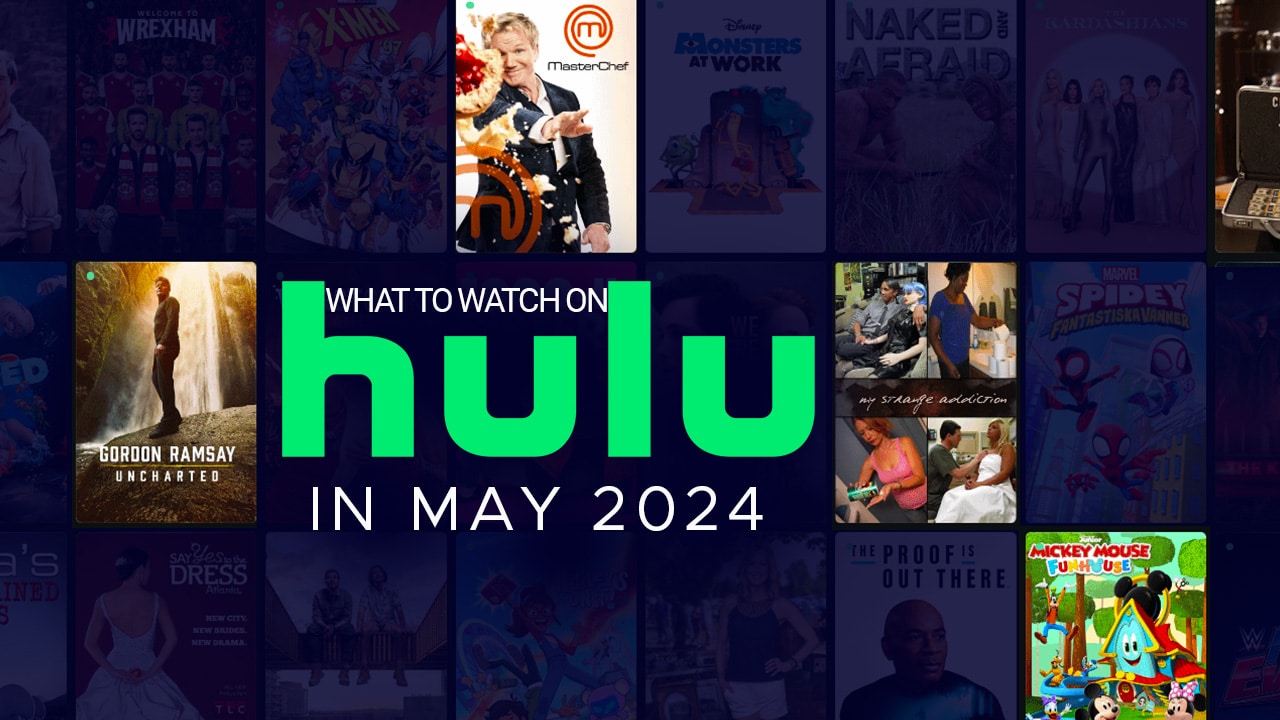Listen to the Podcast:
Geoffrey Hinton, who is called the “godfather of AI” and got the “Nobel Prize of computing” for his work on neural networks and is known as the “Nobel Prize of computing,” is now warning about the dangers of AI.
Hinton recently quit his job at Google. He and two other so-called “godfathers of AI” won the Turing Award in 2018 for their groundbreaking work in artificial intelligence.
The reason that Hinton sent in his resignation and left Google is so that he may finally speak on the hazards of artificial intelligence, a technology that powers popular AI chatbots such as ChatGPT, Bing, and many more. Hinton’s resignation was handed in and he walked out of Google.
In 2012, the 75-year-old and two of his graduate students at the University of Toronto made technology that became the basis for artificial intelligence, which many of the biggest tech companies think is the next step toward the future.
But it was shocking when Hinton joined the rising number of critics who have been warning people about the dangers of generative AI.
Hinton abandoned his job at Google after working there for more than a decade and rising through the ranks to become a renowned figure in the computer industry. He did this so that he could “freely” speak out and warn people about the dangers of artificial intelligence.
Hinton has stated, during an interview with the New York Times, that there is a portion of him that now regrets the job he has done during his life.
Hinton told NYT, “I console myself with the usual excuse: if I hadn’t done it, someone else would have.”
Hinton spoke with Google CEO Sundar Pichai on Thursday, one week after submitting his resignation.
Artificial intelligence could have an impact comparable to that of the web browser in the early 1990s, and could be a triumph in fields such as drug research and education, according to leaders in the tech industry.
But a lot of people who don’t like AI, like Elon Musk, think that generative AI can be used to spread false information and could be a huge threat to jobs or, even worse, a threat to humanity.
Hinton remarked, “It is difficult to see how you can stop the bad actors from using it for bad things.”
Hinton chose not to sign the letter that was released by a collection of executives, including Eric Horvitz, the chief scientific officer at Microsoft, which makes a number of products that leverage OpenAI technology.
The computer expert said that he didn’t sign those letters because he didn’t want to criticize Google or other companies in public until he was no longer working for them.
After Google spent $44 million to acquire a company that was started by Hinton and two of his students in Toronto, Ilya Sutskever and Alex Krishevsky, that could analyze thousands of photos and teach itself to recognize common objects such as cats, dogs, and flowers, Hinton joined Google. Ilya Sutskever and Alex Krishevsky both went on to work for Google.
Their system paved the way for the development of other technologies that are gaining ground in terms of their efficacy, such as ChatGPT and Google’s Bard.
Hinton thinks that AI systems are becoming “increasingly dangerous” as companies around the world keep making them better.
“Look at what it was like five years ago and how it is now,” he said of AI technology. “Take the difference and spread it forward. It’s scary.”
According to the New York Times, everything was fine between Hinton and Google until Microsoft launched the new OpenAI-based Bing, which caused a “code red” at Google.
Hinton is worried about a lot of things related to AI, such as removing workers and spreading false information. Hinton worries that as the world gets filled with fake pictures and words, no one will be able to tell “what is true anymore.” The former Google employee also emphasized the dangers of the technology, which could quickly replace humans and become more dangerous as it learns new ways to act.
“A few people thought that this stuff could actually get smarter than people,” he said, adding, “But most people thought it was way off.” And I thought it was far off. I thought it was 30 to 50 years away or even further away. I obviously no longer think that.”
In a tweet, Hinton said that Google had “acted very responsibly” and denied that he had quit his job so that he could criticize his previous employer.
When Reuters contacted Google, which is part of Alphabet Inc., the company did not respond right away to a request for comment. The Times did quote Google’s top scientist, Jeff Dean, as saying in a statement, “We remain committed to a responsible approach to A.I. We’re always trying to understand new risks and come up with bold new ideas.


